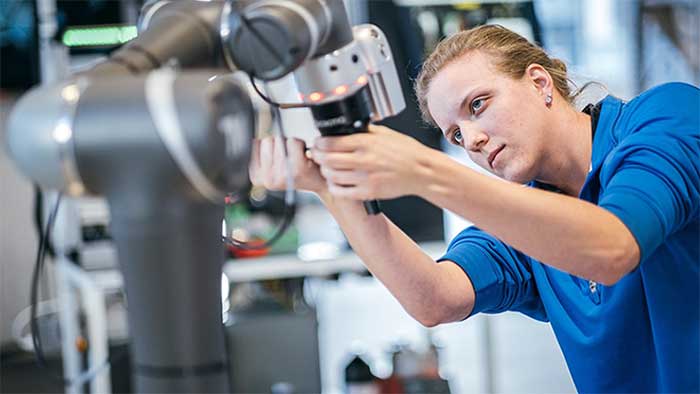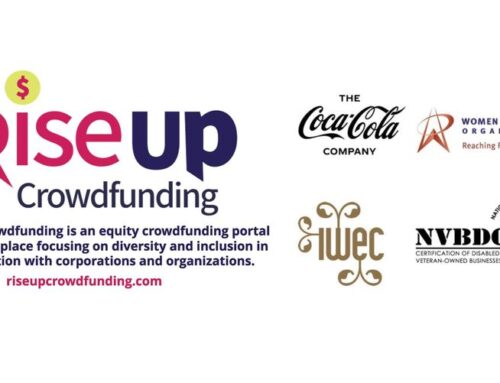We need to rethink how we prepare people for the workforce.
by Mark Maybury for Industry Week
photo: Stanley Black & Decker
For many people, the future of work seems scary.
The coronavirus has exposed the vulnerabilities of our modern economy, forcing thousands of businesses to shutter and putting millions of Americans and people around the world at financial risk. As businesses adapt, they are finding new ways of working, including accelerating automation.
It leads you to ask – where will the jobs come from?
The truth is that there are plenty of jobs. Industry has been adapting and embracing automation for generations – the power loom is an early example – and studies have shown that these efforts can actually create more jobs.
A 2019 European economic study found that companies that did not invest in robotics between 1990 and 1998 reduced jobs by 20% between 1998 and 2016, whereas those that did invest from ’90-‘98 created 50% more jobs during the same time period.
So, the real question is, “How will we prepare people for the jobs of the future?”
The way we train people today is not suited for these new jobs. We need to rethink how we prepare people for the workforce. The manufacturing sector has been dealing with this challenge for a long time, and we’ve built a skilling approach that can shine a path for all industries.
First, Businesses Need to Invest Properly in Re-skilling
New technologies are transforming dull and repetitive jobs into those requiring analytic and problem-solving skills. Manufacturing is on the front lines of this change – electricians are becoming digital electricians, material handlers are becoming robotically enabled, and assembly line workers are becoming robotics programmers.
To train people for these new roles, we need to invest more in re-skilling programs, which many companies are doing, but not well enough. For example, Deloitte reports that only 17% of companies have made “meaningful investments” in reskilling initiatives related to AI, one of the technologies shaping the future of work. We need to go beyond providing access to digital learning resources and invest in programs that provide hands-on experience.
Stanley Black & Decker, for example, has partnered with companies like Ready Robotics and Tulip to automate repetitive tasks at several of our plants, creating dedicated programs to re-skill all of our workers who were previously doing that work. These employees now work side-by-side with collaborative robots, becoming programmers supervising their robots and being freed up to spend more time finding ways to further increase productivity.


